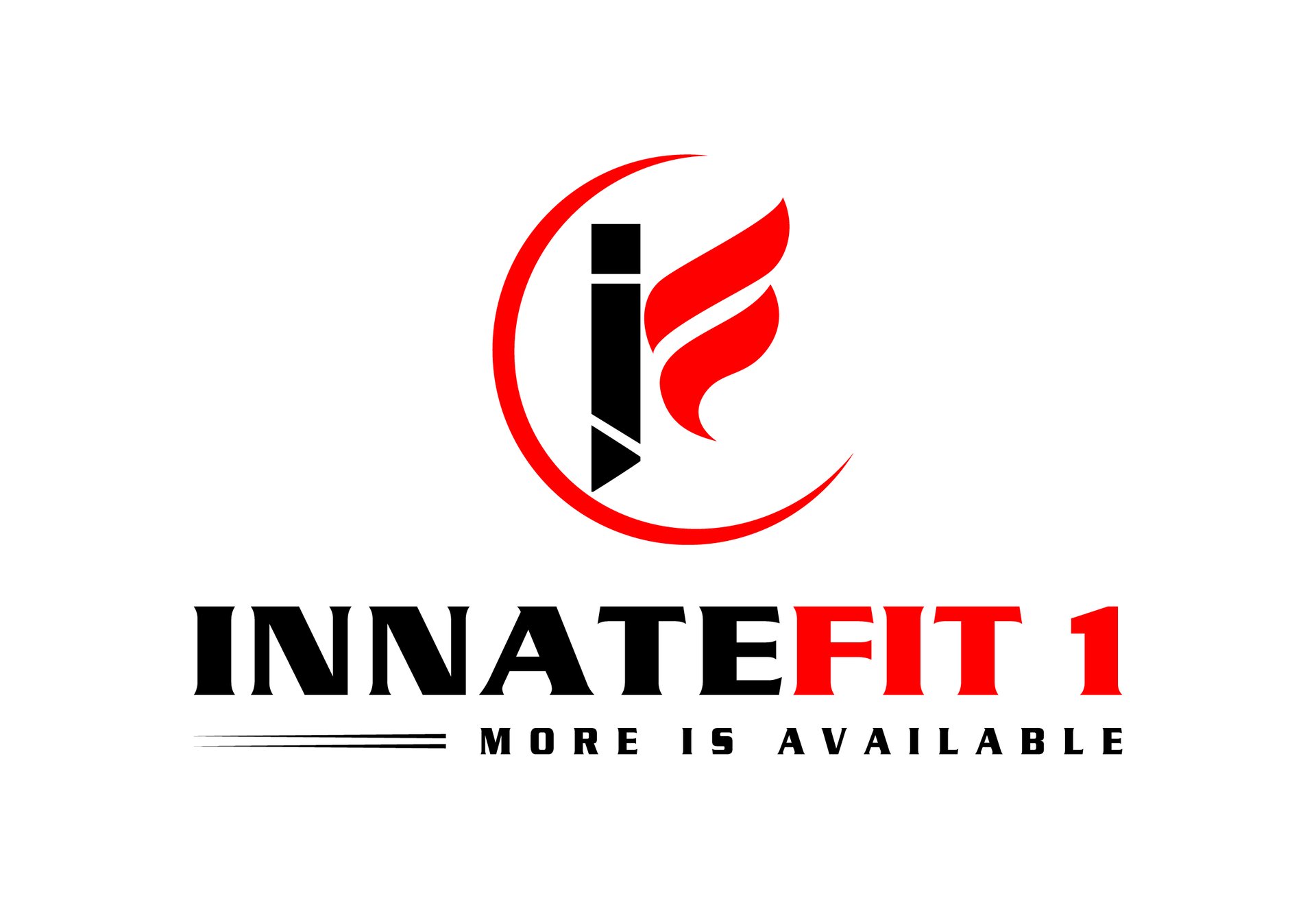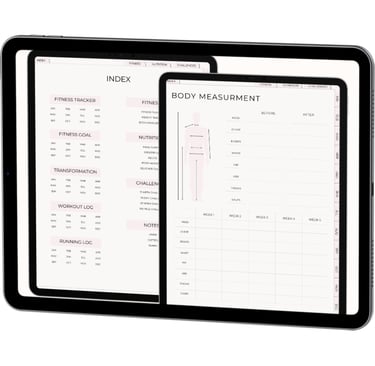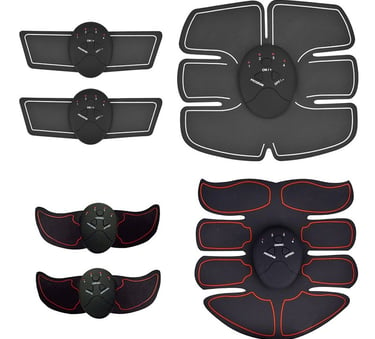Visit Innatefit1.com for exercise wear and equipment!!!

Why Beginners Need Specific Workout Goals for Success: A Guide to Effective Fitness Planning
The prospect of transforming your body and health is thrilling, yet the path to success often feels unclear and overwhelming.
FITNESS TIPS
Joseph Battle
10/26/20245 min read


Introduction
Embarking on a fitness journey can be both exciting and daunting, especially for beginners. The prospect of transforming your body and health is thrilling, yet the path to success often feels unclear and overwhelming. This is where setting specific workout goals comes into play, serving as a beacon of clarity and direction.
Imagine stepping into a bustling gym or even rolling out your yoga mat at home for the first time. The multitude of exercises, routines, and equipment can be intimidating.
Questions like "Where do I start?" or "What should I focus on?" can flood your mind, making it easy to feel lost. This feeling of being overwhelmed is common among beginners, but it doesn't have to be a stumbling block.
Specific workout goals provide the clarity needed to cut through the noise.
They act as a roadmap, guiding you through the intricate world of fitness.
These goals help you prioritize what truly matters to you, whether it's weight loss, muscle gain, or improving overall health.
By establishing clear and specific goals, beginners can transform their initial feelings of intimidation into focused determination, paving the way for a successful and fulfilling fitness journey.
Provides Clarity and Direction
For beginners, embarking on a fitness journey without a clear destination can feel like navigating through a dense fog. Specific workout goals serve as a guiding light, helping individuals clarify their fitness priorities and stay on course. By defining what they truly want to achieve, beginners can focus their energy on activities that align with their aspirations.
Consider the variety of goals one might set:
Weight Loss: Shedding extra pounds to improve health and boost confidence.
Muscle Gain: Building strength and mass for enhanced physical performance.
Improved Health: Increasing overall fitness levels for better well-being and longevity.
Take, for example, Sarah, a beginner who felt overwhelmed by the myriad of options at her gym. Initially, she wandered from machine to machine, unsure of her path. After some reflection, Sarah identified her primary goal: to lose 15 pounds in three months. Armed with this specific target, she tailored her workouts to include a mix of cardio and strength training, aligning her efforts with her goal.
Sarah's story illustrates how setting specific goals transformed her approach to fitness. Instead of aimlessly exercising, she had a clear direction, enabling her to make informed decisions about her routines and celebrate her progress along the way.
Motivation and Accountability
Setting specific workout goals is a powerful tool for beginners, as it significantly enhances both motivation and accountability. When you have a clear target in mind, every step you take brings you closer to achieving it. This sense of purpose propels individuals to push through challenges and stay dedicated to their fitness journey.
Research shows that individuals who set specific goals are 10 times more likely to achieve their desired outcomes compared to those who do not set any goals. This statistic underscores the importance of having clearly defined objectives in maintaining enthusiasm and focus.
To further bolster accountability, consider sharing your goals with others. Below are some methods to keep yourself accountable:
Friends
Share your goals with friends who can offer encouragement and check in on your progress.
Personal Trainer
Work with a personal trainer who can provide expert guidance and hold you accountable.
Social Media
Post updates on social media to receive support and motivation from your network.
By incorporating these strategies, beginners can establish a supportive network that keeps them inspired and on track, leading to greater success in achieving their fitness goals.
Measurable Progress
For beginners, the ability to set and track measurable goals is a game-changer in their fitness journey. These goals act as tangible benchmarks that provide a clear picture of one's achievements and areas needing improvement. By consistently tracking their progress, beginners can transform their workout routine from a vague effort into a structured path toward success.
Here are some examples of measurable metrics that can help you track your progress:
Weight Lifted: Record the weights you use for each exercise and aim to increase over time.
Distance Run: Keep track of the distance you run or walk, gradually adding more as your stamina improves.
Time Spent: Monitor the duration of your workouts to ensure consistent effort and improvement.
Repetitions & Sets: Count the number of reps and sets performed to identify progress in strength and endurance.
Tracking these metrics not only keeps you motivated but also allows you to make necessary adjustments to your routine. For instance, if you notice a plateau in your progress, you can tweak your workouts to target different muscle groups or increase intensity.
Moreover, witnessing your improvements fosters a profound sense of achievement, reinforcing your commitment to continue pushing towards your goals.
Creates a Plan of Action
Setting specific workout goals is not just about knowing what you want to achieve; it’s about crafting a structured plan of action to get there. These goals serve as the foundation for a personalized workout regimen that guides beginners through their fitness journey. Crafting a detailed plan transforms abstract dreams into achievable steps, ensuring each workout session is purposeful and effective.
Here’s a step-by-step guide to help you create your action plan:
Define Your Goal: Start by identifying your primary fitness objective, whether it's weight loss, muscle gain, or improving endurance.
Set Milestones: Break down your main goal into smaller, manageable targets to keep you motivated along the way.
Choose the Right Exercises: Select exercises that align with your goals. For muscle gain, focus on strength training; for endurance, incorporate cardio sessions.
Schedule Your Workouts: Assign specific days and times for your workouts to build consistency.
Track and Adjust: Monitor your progress and make necessary adjustments to your plan to overcome any plateaus.
"A well-thought-out plan is the road map that guides you from your starting point to your desired destination in fitness." - John Doe, Fitness Expert
By following these steps and adhering to a structured plan, beginners can navigate the complexities of fitness with confidence, ensuring each session contributes to their overarching goals.
Conclusion
In summary, setting specific workout goals is the cornerstone of success for beginners embarking on a fitness journey. By providing clarity and direction, these goals help individuals focus on their priorities, whether that's weight loss, muscle gain, or improved health. They also boost motivation and accountability, offering a tangible path to follow and a way to measure progress through measurable metrics.
Moreover, these goals compel beginners to create a structured plan of action, ensuring that each workout session is purposeful and aligned with their objectives. As you embark on your fitness journey, remember that specific goals are not just markers of success but essential tools for transformation.
We encourage you to take the first step today by setting your own specific goals. Embrace this empowering process, and let it guide you toward a healthier, more fulfilling lifestyle. For further guidance, explore resources from reputable fitness websites such as ACE Fitness or American Heart Association to refine your goal-setting strategies.
FAQ Section
Setting specific workout goals can be a game-changer for your fitness journey. Below, we address some of the most common questions beginners have:
How do I set realistic goals?
Start by understanding your current fitness level and what you want to achieve. Use the SMART criteria (Specific, Measurable, Achievable, Relevant, Time-bound) to craft goals that are tailored to your abilities and lifestyle.
What if I don't know where to start?
If you’re unsure where to begin, consider speaking with a personal trainer or using a fitness app that offers guided plans. Starting with general health goals, such as increasing weekly exercise or improving diet, can also be a good foundation.
How can I stay motivated?
Keeping a workout journal, setting smaller milestone goals, and rewarding yourself for achievements can help maintain motivation. Additionally, engaging with a community or finding a workout buddy can provide extra support.
What if I don't see progress?
Plateaus are common. Reevaluate your goals and routines, and consider consulting with a fitness expert to adjust your plan. Sometimes, small tweaks can reignite progress.
For more detailed advice, check out resources like the American Heart Association's guide on starting a workout routine.




